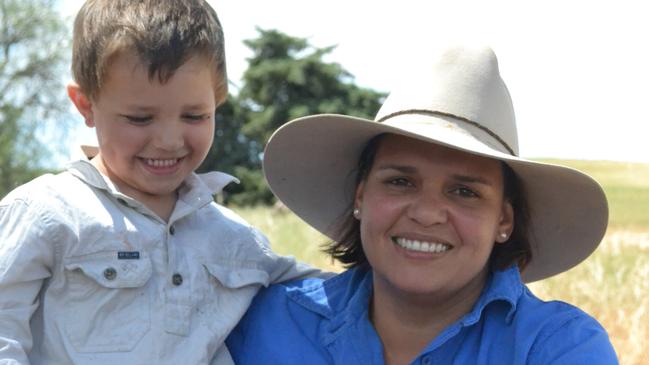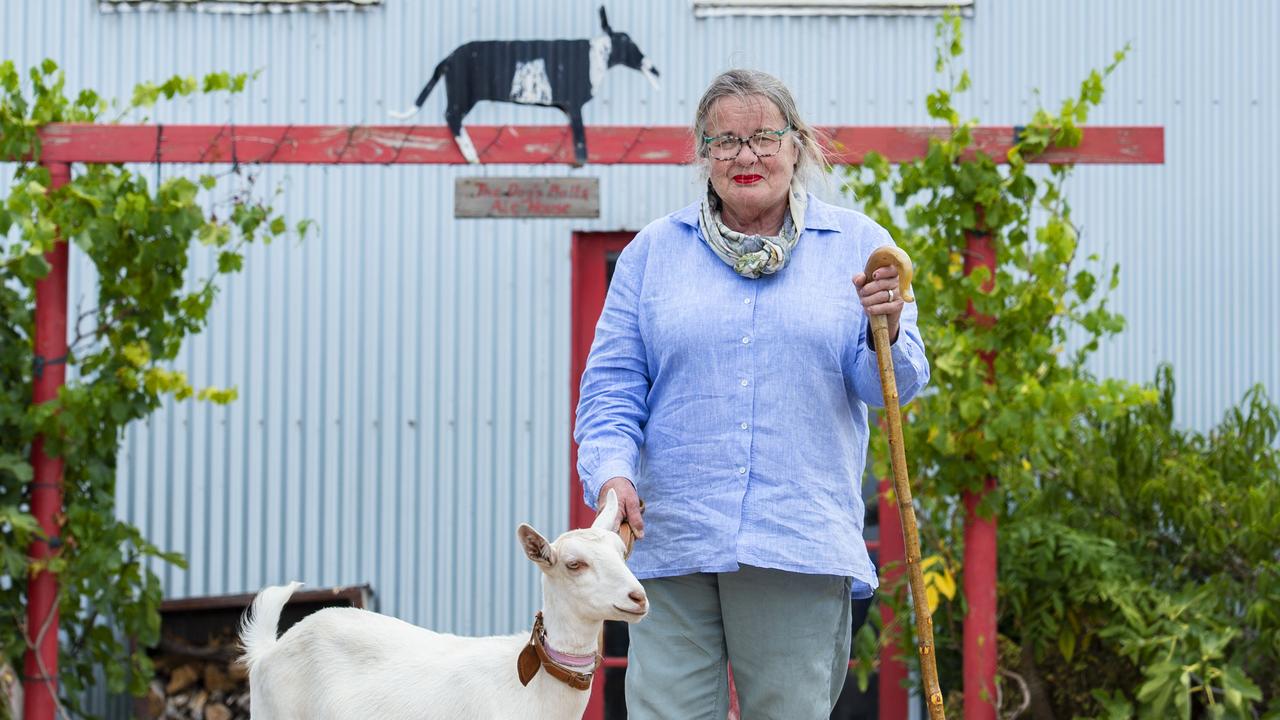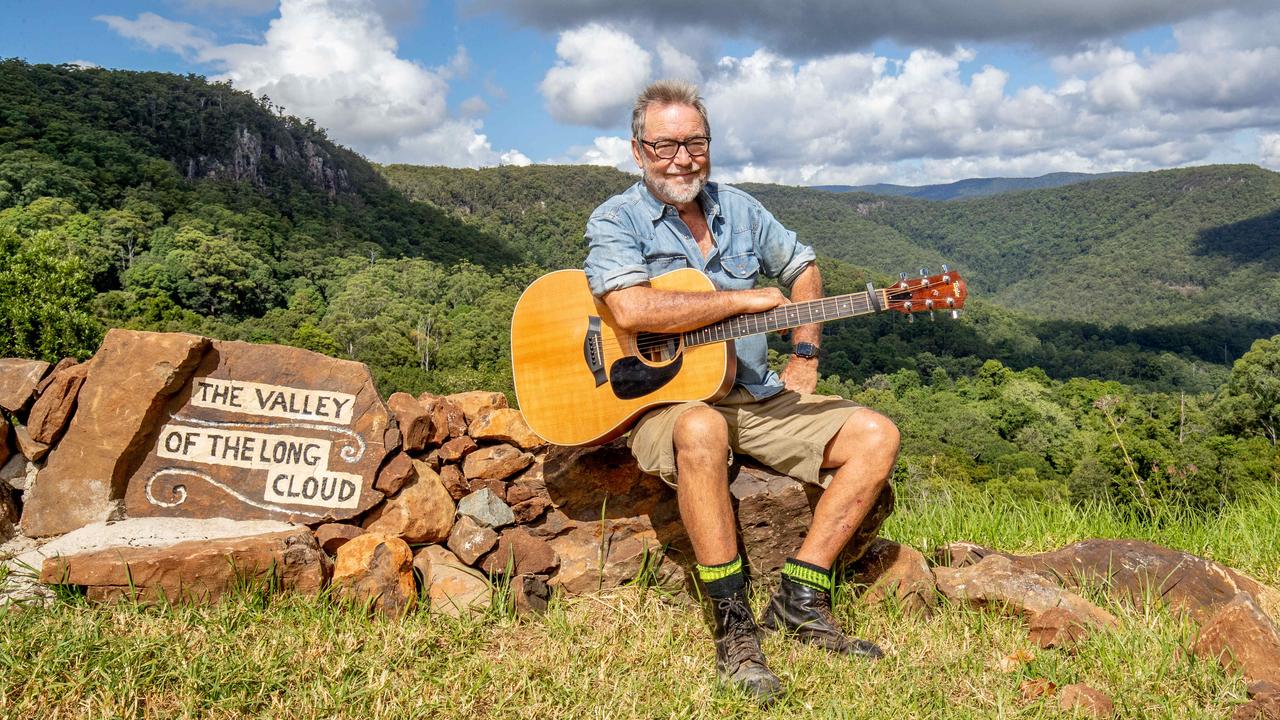Natalie Sommerville is a busy working mum advocating for rural women
NATALIE Sommerville is at the helm of a network that connects often isolated rural women and offers them learning opportunities, writes SARAH HUDSON

LIKE most working mothers, Natalie Sommerville is frequently asked: “how do you do it all?”.
It’s not just juggling two kids (aged 9 and 6), alongside running a broadacre sheep and grain farm with her husband Dale (a 2020ha family farm near South Australia’s Clare Valley, alongside a 600ha leased property), but also the fact Nat sits on agricultural boards, chairs several regional committees, is a treasurer on another and even fits in time to manage her daughter’s netball team. And all the while her overriding ambition is to advocate for rural women, which has seen Nat nominated for one of the Shine awards presented by The Weekly Times and Harvey Norman.
“I try and manage my time and there are occasions when I feel thinly spread, if the shearers arrive a week early for instance,” says the 40-year-old, who for four years also represented South Australia in hockey.
“During harvest I make it clear I can’t commit to anything else but farm work. I think I do all I do because I love it — the farm work, business strategy, sport, and I really do want to help rural women.”
It was after working as an agronomist in Horsham that she and Dane moved to the Sommerville family farm in 2004 and shortly after Nat joined her first group — the local branch of what was then called Partners in Grain, but is now WOTL, Women Together Learning.
She started as co-ordinator, a role she retains, overseeing the membership of about 35, and organising meetings that offer educational opportunities for rural women, such as a series on agronomy, succession planning, life coaching, and sheep nutrition and management.
“When I first arrived on the farm I felt a bit isolated, being young, and wanted to learn more about agriculture,” Nat says.
“A lot of women in this area work off-farm and are not practically involved in their farms. Some have married into farms and have no knowledge and others want to learn more.
“Also, one of the barriers for women taking part in learning is they usually can’t bring their kids along because it’s too noisy, but with WOTL we encourage mums to bring kids, with toys.”
In addition to WOTL, for the past five years Nat has been a member of the National Rural Women’s Coalition communication reference group, an organisation that provides a voice for women living in rural and remote Australia, helping to build a positive profile of their achievements.
She’s also treasurer of the Ag Excellence Alliance, which works with South Australian broadacre grain and livestock farmers to improve profitability and sustainability.
And if that’s not enough she’s on the committee for Grain Producers SA, as well as the Natural Resources Management Board for her region.
“And I’m the manager of my daughter’s netball team,” she laughs, “which isn’t really much. It just means supplying oranges at the break.
“I think sport provides a balance — not just for my daughter, but I’ve played hockey throughout my life. It’s great to have that interest off-farm.”
Perhaps her dedication to women and agriculture was formed while growing up as one of six girls in Queensland and then in the Northern Territory on her grandparents’ cattle station.
Her love of community can be traced back to her Torres Strait Islander background on her father’s side, visiting the remote island of Mabuiag every few years.
“It’s a tiny island. Our farm is much bigger.”
This personal link with indigenous culture has inspired Nat’s next big project, which she hopes to get off the ground: employing indigenous Australian women in the native food industry.
“I find value in being valued. I get my drive from putting my time into something I see as rewarding,” she says. “I want to see rural women safe-proof themselves.
“There are lots of women keen to participate in their business and they don’t know the basics of where to start. If they don’t understand their business from a financial point of view, if they don’t understand what they’re involved in, that can lead to challenges, such as understanding the implications of debt.
“It’s all about doing what you can, and enjoying what you do.”


